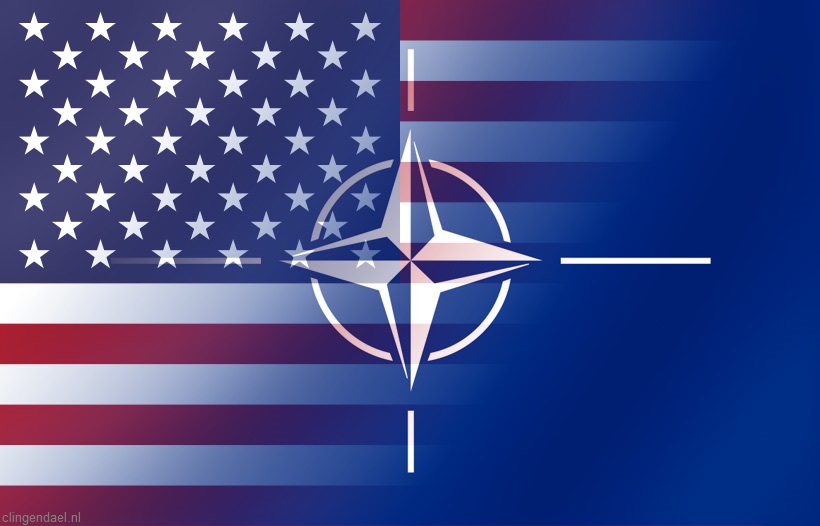The Netherlands Institute of International Relations made a short analysis about the NATO mini-Summit from Brussels which took place on 25 May 2017 focusing on the discourse of Donald Trump, the president of the United States of America and on the issue of defense expenditure in regards to the European allies.
The North Atlantic Treaty Organization has gone through major changes after the end of the Cold War, as its existence started to be questioned, due to the fact that the primary threat for which it was created, respectively the Soviet Union no longer existed. On what concerns President Trump’s opinion about NATO, after calling the alliance ‘obsolete’ during his election campaign it appears that his discourse at the mini-summit in Brussels will emphasize NATO’s importance and its role in defending Europe.
The issue of defense expenditure is not a new one, as at the NATO Summit in Wales from 2014 the allies to recommitted, promising to increase defense expenditure to 2% of the GDP by 2024. Member countries of NATO must make contributions and fulfil their financial obligations to NATO in order to support the cost of the alliance’s activities. It is most likely that with this occasion President Trump will make remarks concerning the defense efforts of NATO members, as a large part of the costs have been supported by the US for years already. The allies are expected to honor their promise according to the political objective established in 2014. In the end, the issue is not just about money as the European defensive capacity has to be strengthened.
There are some critical observations that can be made about the 2% standard, as it measures input and not output. This refers to situations in which the money is not spent in order to improve European capabilities, as in the case of Greece, which has met the 2% standard but continues to focus on defense against Turkey. Nonetheless, during the last years, recession has also been a factor which must be taken into consideration, as the GDP has been reduced.
The European allies are not prepared to strengthen their military capacities. On what concerns the actual situation of European countries, defense expenditure started to increase but in the majority of the cases this is just in order to catch up to the effects of budget reductions from the past. Among the most relevant security threats it is important to mention Russia, the Middle East and Africa. Germany is still far away from meeting the 2% standard, in spite of the fact that efforts to increase the defense budget were made. It appears that until the elections from September 2017 the situation will not change, especially as some of the German population is against further militarization. There is a disagreement between the position of the German government and Washington, as former argues that expenditure for development aid and reconstruction in conflict areas must be included as well, whereas Washington does not agree with this idea. The position of Netherlands is not great as well, as it appears that in spite of the fact that it will spend more on defense, it will take three years to meet the standard of 2%.
European leaders must be aware of the deteriorating security situation and take the situation seriously, contributing in order to ease America’s burden. Newly elected French President Macron supports the idea that Europe must do more for defense with France and Germany leading this operation.
Synthesis by: Roxana-Ioana Viță
For more information visit: https://www.clingendael.nl/publication/trump-and-indispensable-nato
